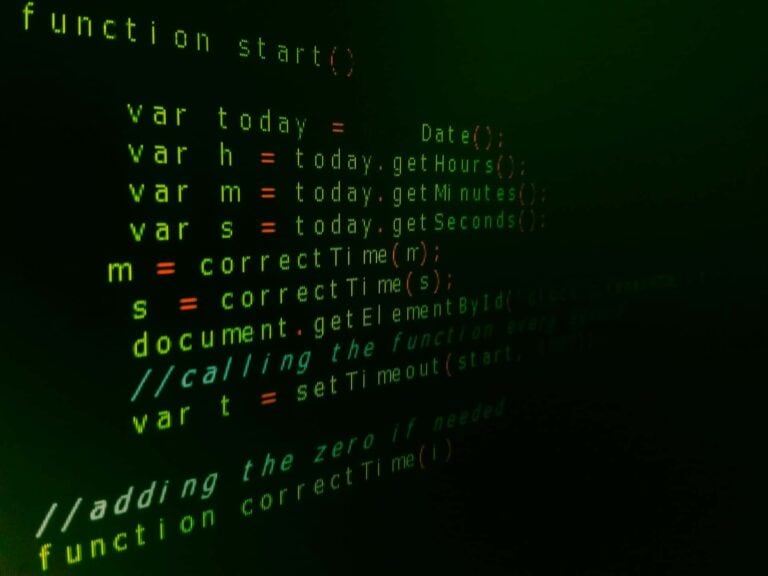Puppet users are expressing dissatisfaction with the changes that owner Perforce plans to make to the open-source version of the DevOps automation platform. As a result, they plan to launch their fork of the platform next year.
Puppet is a well-known DevOps automation platform that helps developers automate manual VM configurations, deploy applications, and manage updates. The platform was one of the first infrastructure-as-code solutions on the market. Puppet is available in two variants: an open-source version under the Apache license and the commercial Puppet Enterprise version.
In 2022, Puppet was acquired by Perforce, a provider of app development solutions such as project planning, application testing and lifecycle management.
Read more: Perforce Software acquires DevOps platform Puppet
Since Perforce’s acquisition, end users have seen developments in the open-source version, prompting them to develop their fork. A group of concerned users argue that the changes Perforce plans to implement next year will make the open-source version less accessible.
In a statement, they point out that it is not they, but rather Perforce is working on a “fork.” The company would shut down the voluntarily developed open-source code and make it accessible only to paying users.
Initiative for own alternative
For many Puppet platform developers, this is a breaking point. They have, therefore, decided to create their own fork that they believe better respects open source principles. A GitHub repository has already been set up for the fork, although no code is available.
In addition, the promoters are discussing organizational structure and a new name, since Perforce owns the Puppet brand name. Possible alternatives being considered include Muppet, Manikin, Dolly, Openvox and OpenDCM.
Perforce’s plans
Perforce has announced several changes for Puppet in the coming year. Although the open-source version will remain under the Apache 2.0 license, Perforce will contribute less source code to the public repositories. This will make it more difficult to use the open-source version in the future, including the lack of officially compiled binaries.
In addition, Perforce is introducing measures to ensure the long-term stability and security of the platform, giving Puppet more of the character of a proprietary platform. The company is developing new binaries and packages published in a private, controlled location starting in early 2025.
Access to this private repository requires a development license. A separate commercial license is required for use on more than 25 nodes running Puppet agents.
Finally, Perforce wants to rebuild Puppet using AI. They say limiting open source contributions would accelerate innovation.
Also read: Perforce Software acquires DevOps platform Puppet
